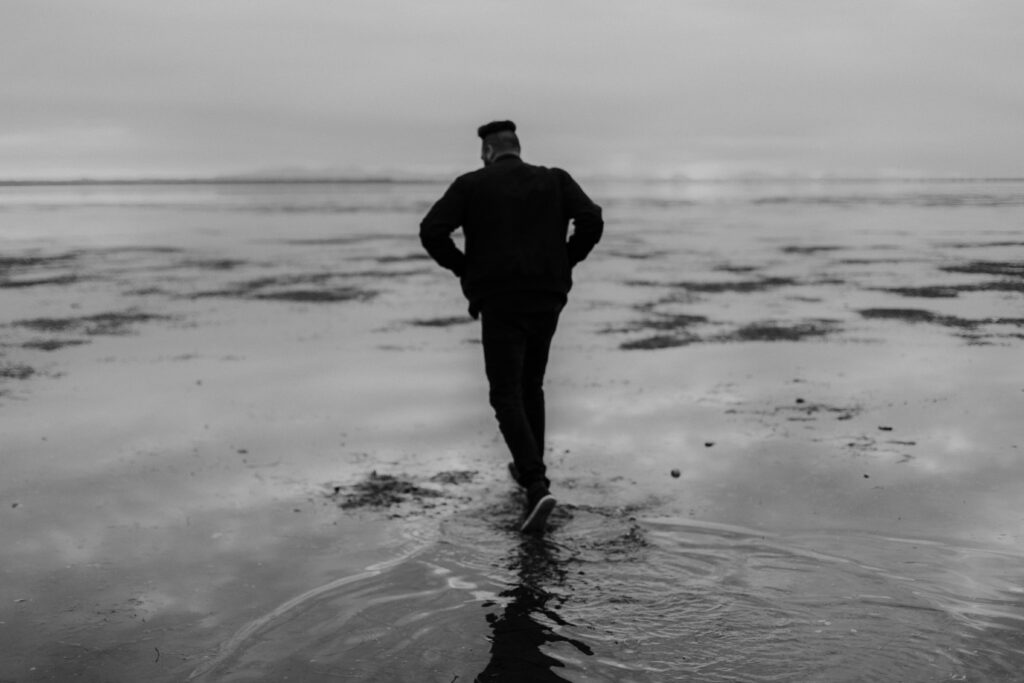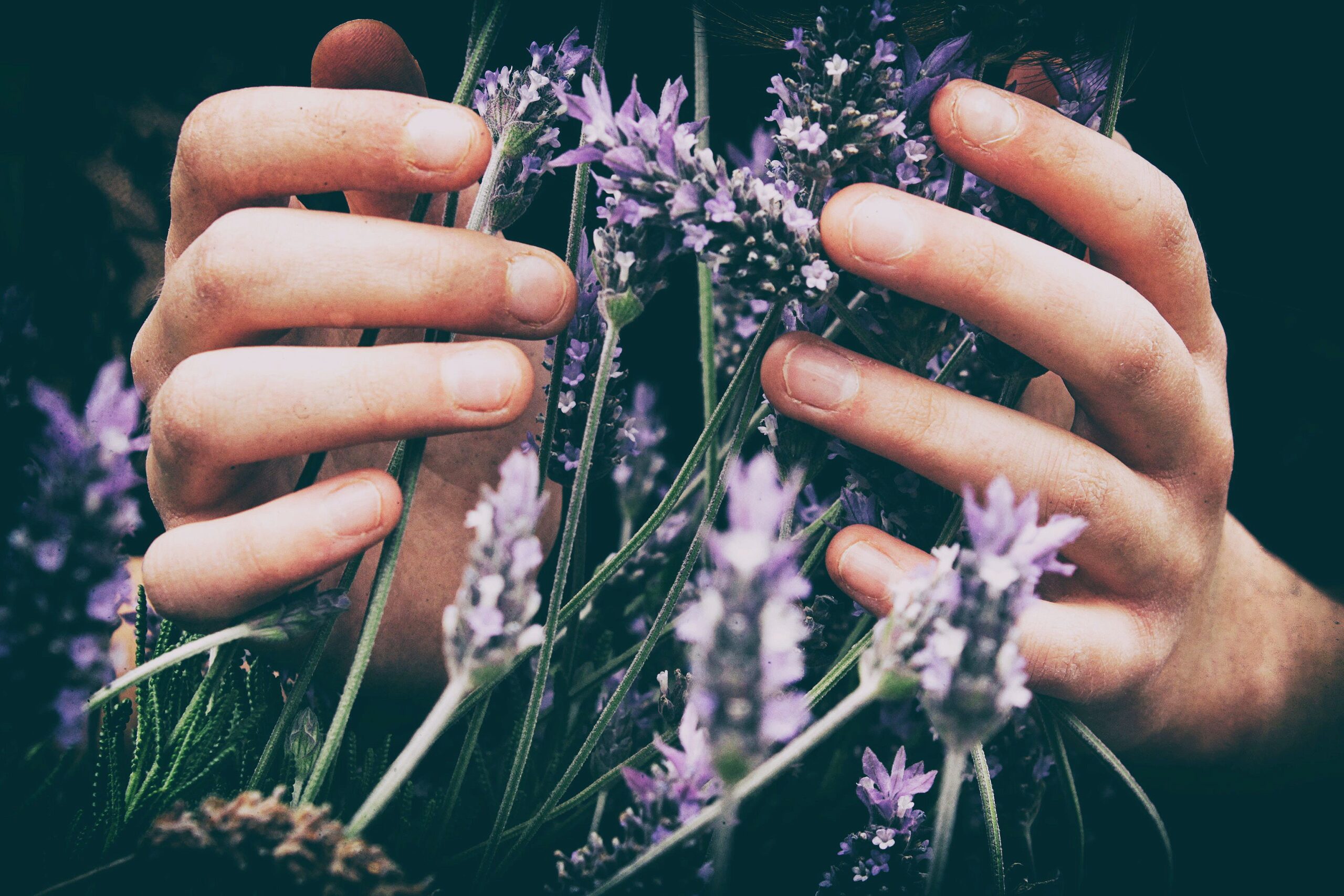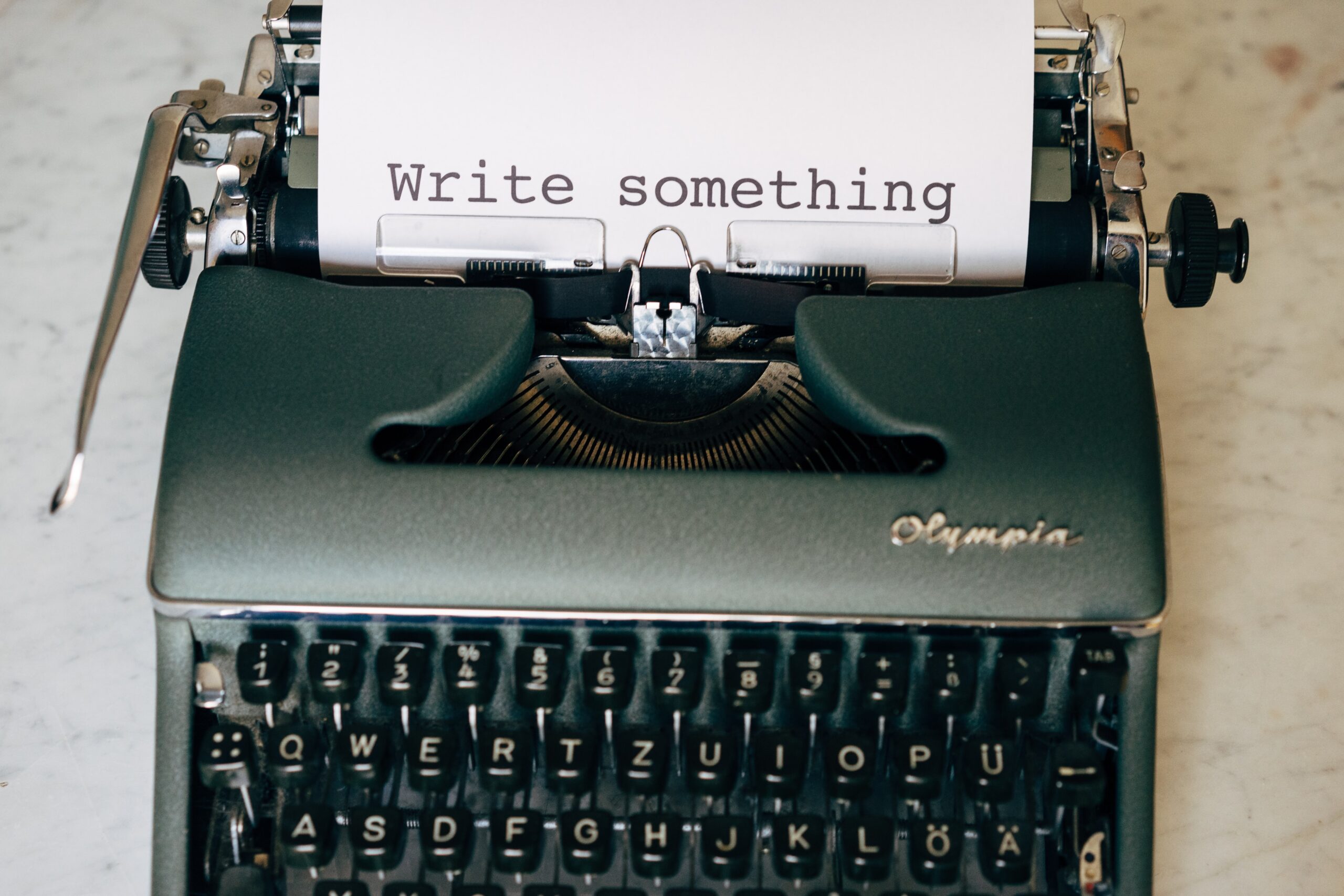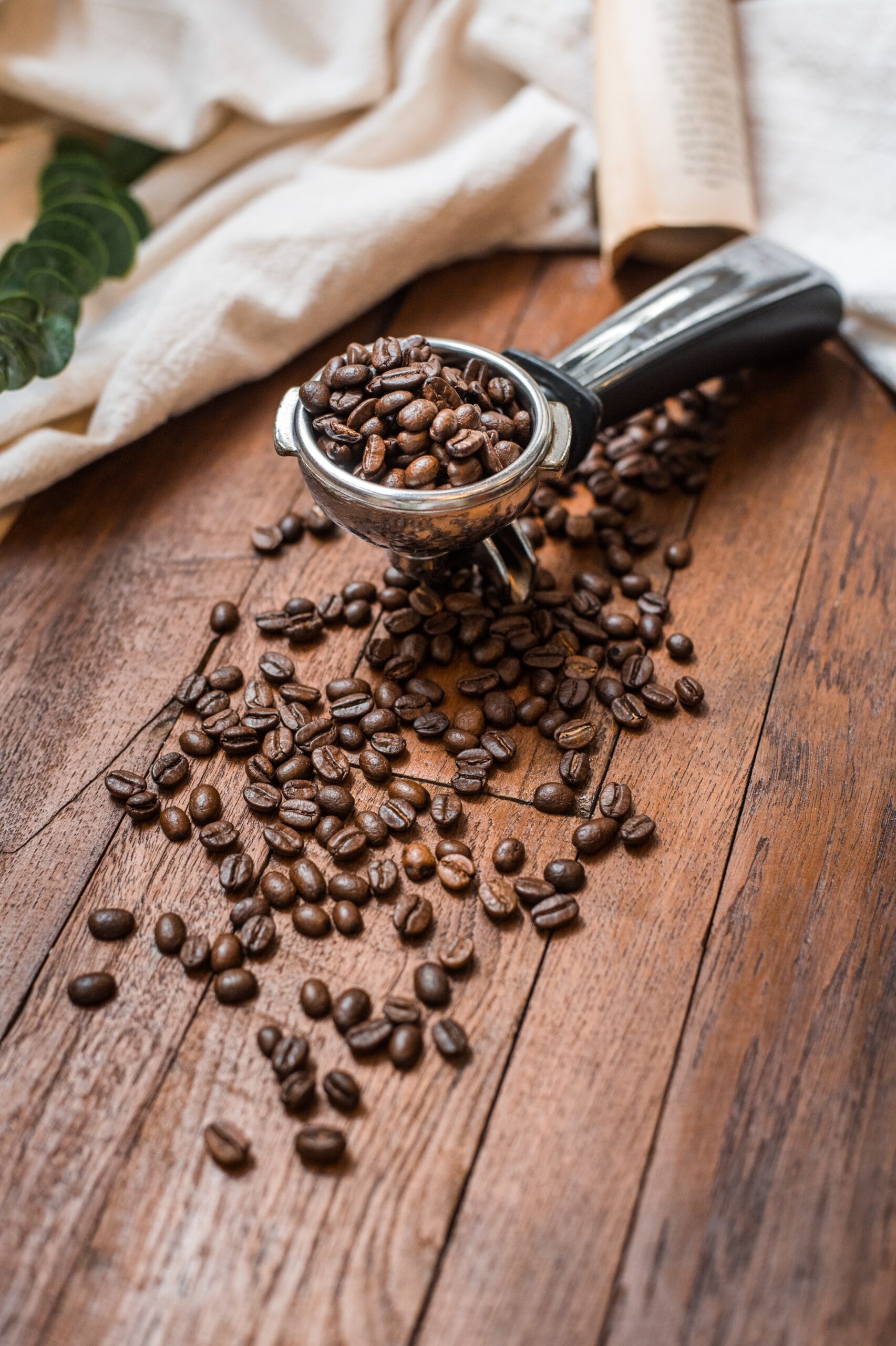6 Soothing Habits to Cope With Anxiety at Home

Disclaimer: This article is for educational purposes only and is not a substitute for professional help and advice.
Picture this! You are tied to a railway track, completely stuck and unable to move. A fast-moving train is racing towards you at full speed. You feel that your heart beats wildly, your muscles become tense, your body shakes uncontrollably, your breath becomes laboured, and worrying thoughts consume you…and this is what anxiety will feel like.
According to a psychiatrist, Dr. Grant H. Brenner, the brain of an anxious person is affected by stress hormones such as cortisol and excitatory neurotransmitters such as norepinephrine, which leads to reduced ability to regulate negative emotions, extreme negative thinking, and difficulty relaxing. There is also an overactivation of amygdala which makes it more difficult for higher brain centers (those responsible for cognitive functions like learning and memory) to regulate emotional and physiologic states to calm down mentally and physically.
So, Psych2goers, what are the habits that you can develop to dial down your angst? Let’s take a look:
- Exercise
Each morning, you and your spouse are having a walk together in the park near your home. You like listening to the cooing of the birds and enjoy seeing the greenery.
One useful treatment approach to combat anxiety is by participating in exercise. This habit should not only be incorporated by the younger generation, but it must also be practiced by the elderly population since anxiety causes debilitating consequences such as reduced quality of life, disability, greater need for health services, and increased mortality. The prevalence of anxiety disorders in adults is 3-15% whereas 15-52% of elderly experience anxiety symptoms (Kazeminia et al., 2020).
You will reap many benefits by participating in regular exercise such as (Jennings, 2018):
- Decreasing your body’s stress hormones (cortisol) and releasing mood-improving chemicals (endorphins) that can also act as natural painkillers.
- Enhancing the quality of your sleep which can be negatively affected by stress and anxiety.
- This will make you feel more adequate and confident in your body which may stimulate mental wellbeing.
2. Use essential oils

Before sleeping at night, you always add a few drops of geranium into your aromatherapy diffuser.
Psych2goers, have you ever heard about aromatherapy?
Aromatherapy is derived from the words “aroma” (fragrance or smell) and “therapy (treatment). This treatment has been a favoured complementary and alternative therapy which originated from many ancient civilizations like Egypt, China, and India (Ali, et al., 2015).
Aromatic substances extracted from different parts of plants (leaves, flowers, roots, bark, peels) using distillation are known as essential oils. Essential oils are known as aromatherapy when they are utilized to enhance wellbeing.
Now, you may wonder, how does aromatherapy work?
It is theorized by experts that the inhalation of the scent causes activation of the smell receptors in your nose which sends messages from the olfactory nerves directly to the brain. These messages may cause consequent activation of your limbic system (responsible for your emotions) and hypothalamus (produce serotonin, a feel-good brain chemical) (Pagan, 2020).
Some types of essential oils that are useful for the treatment of anxiety include:
- Valerian: A bold scent described as woody, earthy, or musky. Make you feel sleepy or relaxed. Useful for anxiety, sleep, headache, trembling, and heart palpitations (Shinjyo, Waddell, & Green, 2020).
- Lavender: A sweet floral scent with a woody and herbal undertone. Useful to calm anxiety and has a sedative effect (Donelli et al., 2019).
- Chamomile: From the daisy-like flowers of the chamomile plant and has a pleasant scent. Chamomile supplementation decreased the symptoms of mild to moderate generalized anxiety disorder (GAD) (Mao et al., 2016).
- Rose: It has a sweet, floral scent known to cause relaxation of the senses. It is reported that pregnant women during labour who used a rose aromatherapy footbath experienced lower levels of anxiety compared to those who used a footbath containing warm water only (Kheirkhah, 2014).
- Geranium: This essential oil has a sweet floral scent and is usually used as a scent in soaps, cosmetics, and perfumes. According to a study conducted by Fakari et al. (2015), women in the first stage of labour experienced a decrease in their anxiety level when they inhaled geranium oil. There was also a significant reduction in diastolic blood pressure.
3. Reduce your caffeine intake
Psych2goers, it is also advisable to reduce your caffeine intake if you want to reduce anxiety.
Caffeine is a natural stimulant and psychoactive compound which can be usually found in coffee, tea, chocolate, and energy drinks. According to the Food and Drug Administration, three to four cups of home-brewed coffee is generally considered safe, however people who are especially sensitive to caffeine’s effects may experience side effects such as restlessness, insomnia, and a rapid heartbeat when taken in a smaller dose. When a person consumes five or more cups of coffee, they may experience “coffee intoxication” which includes symptoms of anxiety, agitation, headache, rambling speech, and excitement (American Psychological Association, 2015). However, it is important to note that different people experience different sensitivity to caffeine (Jennings, 2018).
4. Write it down

Every morning, after you wake up, you make sure to write in your diary. You write down your thoughts, whatever that comes to your mind, without censoring or editing them.
Psych2goers, do you know, one effective and powerful stress-management tool is journaling. By journaling, you can examine and transform your ruminative and anxious thoughts to empowering and action-oriented ones.
There are multiple different methods of journaling (Scott & Morin, 2021):
- Freewriting: You write down your thoughts and anything that comes to your mind within a specific time frame (ie 15 minutes). This may lead to grammatical errors and spelling mistakes, however just continue writing without correcting them. Reread your entry afterward in order to gain crucial insight into what and how you are thinking.
- Using journal prompts: You can either create a list of prompts according to the issues you like to solve; or you can ask your therapist for ideas.
- Keeping a thought diary: This is usually used as part of cognitive behavioural therapy (CBT) in which you are required to write down your beliefs and then analyze your thoughts critically. You can divide your journal page into seven columns:
-Case: Situation or trigger that you find yourself in, eg “Getting fired from work”.
-Feelings: Write down the feelings that you are experiencing, “I feel anxious and fearful.”
-Unhelpful thoughts or images: Identify the negative thinking behind your feelings, eg “I may never get a new job because I am not exceptional at anything. I am a failure.”
-Facts that support the thought: Find evidence that supports your unhelpful thoughts, eg “My ex-boss has told me that I am not exceptional at anything and I will never be able to obtain a new job due to the unstable job market.”
-Facts that don’t support the thought: Facts that provide evidence against your unhelpful thought, “I am not a failure and I can try my best for a new job interview.”
-Give an alternative or more balanced thought: “Yes, the job market may be unstable, but I can develop my skills and upgrade my curriculum vitae, so that I will have a better shot for my next job interview.”
-Outcome: Re-rate how you feel now, eg “I feel less anxious and calmer.”
5. Spend time with friends and family
Spending quality time with your loved ones and maintaining a close relationship with them is another way to improve your physical and mental wellbeing.
According to the Mental Health Foundation of the UK, relationship is defined as “the way in which two or more people are connected, or the state of being connected”. This includes the intimate relationships we form with our respective partners, the relationships with our parents, siblings and grandparents, and those we establish socially with our friends, work colleagues, teachers, healthcare professionals, and community.
According to a meta-analysis on “Social Relationships and Mortality Risk: A Meta-analytic Review” published in the Public Library of Science Medicine, people in industrialized countries have adopted a modern way of life in which they live alone and no longer live in extended families or even close to each other. Over the past 20 years, there has been a three-fold increase in the number of Americans who admit that they have no close confidants. Apart from that, a survey by the Mental Health Foundation of UK stated that 10% of people usually feel lonely, approximately 30% have a close relative or relative who they assume is very lonely, and 50% think that generally, people are getting lonelier.
Psych2goers, it is crucial to know that being part of a community enables us to feel connected, supported, and grants us a sense of belonging. Our mental health and wellbeing can improve when we are involved in local activities such as volunteering or playing sports as part of a team (Mental Health Foundation, 2016).
6. Laugh

Your brother lets out a hearty chuckle while watching a comedy show on the television. You find that the comedy act is not at all funny, but your brother’s laugh is highly contagious, and soon you find yourself chuckling too.
When you let out a hearty chuckle, the feel-good neurotransmitters, endorphins will be released. Apart from that, it has plenty of health benefits such as boosting the immune system, causing muscle relaxation, aiding in circulation, and acting as a protection against heart disease (Psychology Today, n.d.).
Final thoughts
Psych2goers, you can try to incorporate the above habits in your daily life to manage your anxiety better. The key is: Consistency! Choose the ones that work best for you, and give them a shot. However, if you find that your anxiety has negatively impacted your relationship and daily function, don’t hesitate to seek help from licensed mental health providers.
REFERENCES
Ali, B., Al-Wabel, N. A., Shams, S., Ahamad, A., Khan, S. A., &; Anwar, F. (2015, July 10). Essential oils used in aromatherapy: A systemic review. Asian Pacific Journal of Tropical Biomedicine. Retrieved September 13, 2021, from https://www.sciencedirect.com/science/article/pii/S2221169115001033#bib2.
Donelli, D., Antonelli, M., Bellinazzi, C., Gensini, G. F., &; Firenzuoli, F. (2019, September 26). Effects of lavender on anxiety: A systematic review and meta-analysis. Phytomedicine. Retrieved September 13, 2021, from https://www.sciencedirect.com/science/article/pii/S0944711319303411?via%3Dihub.
Holt-Lunstad, J., Smith, T. B., &; Layton, J. B. (2010, July 27). Social relationships and MORTALITY risk: A meta-analytic review. PLOS Medicine. Retrieved September 13, 2021, from https://journals.plos.org/plosmedicine/article?id=10.1371%2Fjournal.pmed.1000316.
Jennings, K.-A. (2018, August 28). 16 simple ways to relieve stress and anxiety. Healthline. Retrieved September 13, 2021, from https://www.healthline.com/nutrition/16-ways-relieve-stress-anxiety.
Kazeminia, M., Salari, N., Vaisi-Raygani, A., Jalali, R., Abdi, A., Mohammadi, M., Daneshkhah, A., Hosseinian-Far, M., &; Shohaimi, S. (2020, November 11). The effect of exercise on anxiety in the elderly worldwide: A systematic review and meta-analysis. Health and Quality of Life Outcomes. Retrieved September 13, 2021, from https://hqlo.biomedcentral.com/articles/10.1186/s12955-020-01609-4.
Kheirkhah, M., Vali Pour, N. S., Nisani, L., &; Haghani, H. (2014, August 17). Comparing the effects of aromatherapy with rose oils and warm FOOT bath on anxiety in the first stage of labor in nulliparous women. Iranian Red Crescent medical journal. Retrieved September 13, 2021, from https://www.ncbi.nlm.nih.gov/pmc/articles/PMC4270653/.
Lu, S. (2015). Too much coffee? American Psychological Association. Retrieved September 13, 2021, from https://www.apa.org/gradpsych/2015/11/coffee.
Mao, J. J., Xie, S. X., Keefe, J. R., Soeller, I., Li, Q. S., & Amsterdam, J. D. (2016, December 15). Long-term chamomile (matricaria chamomilla l.) treatment for generalized anxiety disorder: A randomized clinical trial. Phytomedicine : international journal of phytotherapy and phytopharmacology. Retrieved September 13, 2021, from https://www.ncbi.nlm.nih.gov/pmc/articles/PMC5646235/.
Mental Health Foundation. (n.d.). Relatioships in the 21st Century . Mental Health Foundation UK. Retrieved September 13, 2021, from https://www.mentalhealth.org.uk/sites/default/files/Relationships-in-21st-century-forgotten-foundation-mental-health-wellbeing-full-may-2016.pdf.
Pagán, C. N. (2020, January 23). Aromatherapy & essential oils for relaxation and stress relief. WebMD. Retrieved September 13, 2021, from https://www.webmd.com/balance/stress-management/aromatherapy-overview.
Rashidi Fakari, F., Tabatabaeichehr, M., Kamali, H., Rashidi Fakari, F., & Naseri, M. (2015, June 1). Effect of inhalation of aroma OF GERANIUM essence on anxiety and physiological parameters during first stage of labor IN Nulliparous women: A randomized clinical trial. Journal of caring sciences. Retrieved September 13, 2021, from https://www.ncbi.nlm.nih.gov/pmc/articles/PMC4484988/.
Scott, E., &; Morin, A. (2021, March 31). How to journal when you have anxiety. Verywell Mind. Retrieved September 13, 2021, from https://www.verywellmind.com/journaling-a-great-tool-for-coping-with-anxiety-3144672.
Shinjyo, N., Waddell, G., &; Green, J. (2020, October 21). Valerian root in treating sleep problems and Associated DISORDERS-A systematic review and meta-analysis. Journal of evidence-based integrative medicine. Retrieved September 13, 2021, from https://www.ncbi.nlm.nih.gov/pmc/articles/PMC7585905/.






Responses